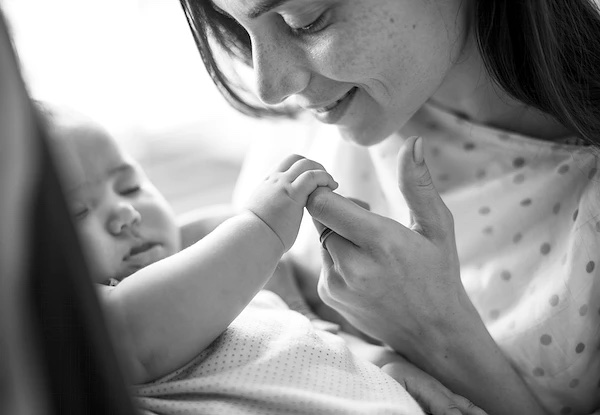In my infirmities and my darkest suffering, I wondered if God pushed me aside at times because I had become too needy. I wept too often and asked for too much help. I became a bother, a nuisance at the throne each day as the Holy Spirit comforted my soul and translated my prayers to heaven, and as Christ had to yet again bring my name before the Father. I shrouded myself. God already completed the greatest act of love possible for me by atoning for my sins and giving me eternal life where my ailments will be wiped away—how could I still expect more?
Login to read more
Sign in or create a free account to access Subscriber-only content.
Topics:
